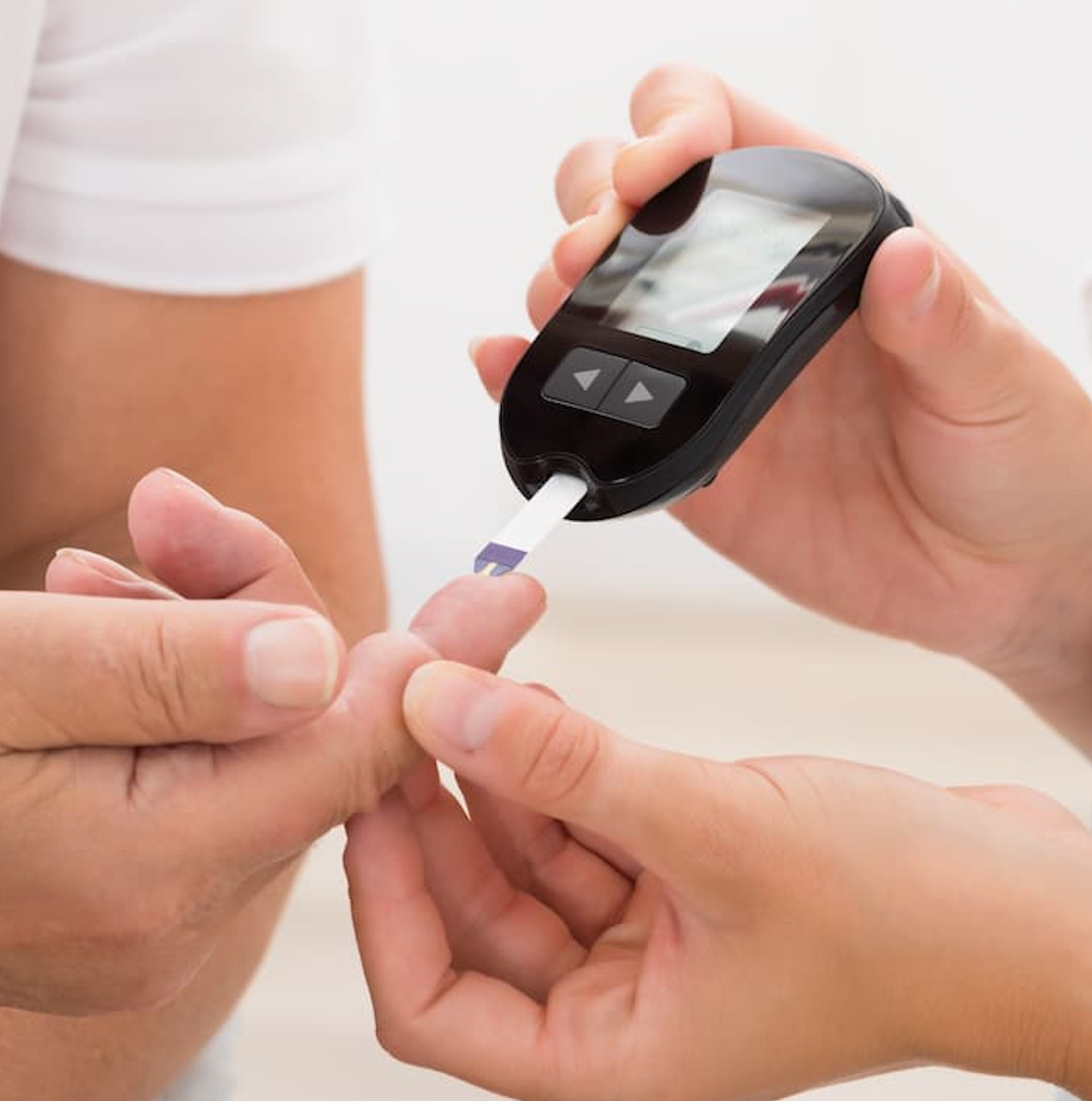Mifepristone Trial Shows Promising Results in Cushing Syndrome
Corcept Therapeutics reported positive results from its CATALYST trial, showing mifepristone’s potential to manage hypercortisolism-related type 2 diabetes.
By
Lana Pine
| Published on January 20, 2025
5 min read
Credit: Adobe Stock/Andrey Popov

Corcept Therapeutics announced that its phase 4 CATALYST study successfully met its primary end point, demonstrating that mifepristone (Korlym) significantly improved blood sugar control in patients with endogenous Cushing syndrome (hypercortisolism) and difficult-to-manage type 2 diabetes.
“The results of the CATALYST study will enable physicians to more accurately diagnose and treat patients with hypercortisolism — a serious and deadly disease,” Bill Guyer, Pharm.D., chief development officer at Corcept Therapeutics, said in a statement. “One in four patients with difficult-to-control type 2 diabetes have hypercortisolism and Korlym, a cortisol modulator, was highly effective in controlling hyperglycemia in this patient population.”
Cushing syndrome is caused by an excess amount of cortisol, the hormone responsible for regulating blood sugar levels, blood pressure, metabolism, mood, memory, stress and the immune system.
Symptoms of hypercortisolism include hypertension, central obesity, severe fatigue, weak muscles, elevated blood sugar and difficult-to-control type 2 diabetes. These patients can also experience cognitive issues, anxiety, depression and irritability. The condition can affect every organ system in the body and may result in death if left untreated.
Mifepristone is intended for those with type 2 diabetes or glucose intolerance caused by high cortisol levels who are unable to undergo surgery or for whom surgery was unsuccessful.
Results of this trial coincide with promising findings from Corcept’s phase 3 long-term extension study of relacorilant, a selective cortisol modulator for patients with endogenous Cushing syndrome. The study, which followed patients for up to six years, demonstrated sustained improvements in key cardiometabolic measures, including significant reductions in blood pressure, while validating the drug’s safety and tolerability.
The Study
The randomized, double-blind, placebo-controlled trial evaluated treatment with mifepristone in patients with Cushing syndrome and difficult-to-manage type 2 diabetes. The study was divided into two parts. The first part evaluated the prevalence of Cushing syndrome by screening more than 1,000 patients with difficult-to-control type 2 diabetes — defined as having hemoglobin A1c greater than 7.5% despite being treated with optimal therapies, such as glucagon-like peptide-1 (GLP-1) agonists.
Among these individuals, 23.8% were identified as having Cushing syndrome and were able to enter the treatment phase of the study.
“CATALYST’s first part showed that hypercortisolism is much more common than previously assumed,” explained Ralph DeFronzo, M.D., study investigator and chief of the Diabetes Division and professor of medicine at UT Health San Antonio.
Ultimately, 136 participants were randomly assigned 2:1 to receive either mifepristone or placebo for 24 weeks. Investigators sought to assess the reduction in hemoglobin A1c between the two cohorts.
The Findings
Patients receiving mifepristone saw their hemoglobin A1c drop by 1.47%, compared with only 0.15% in the placebo group, a statistically significant improvement. Mifepristone’s safety profile was consistent with previous findings, with no new side effects or safety concerns.
The most common side effects in patients with Cushing syndrome included nausea, headache, fatigue, vomiting, dizziness, decreased appetite and hypertension. The drug is not intended for individuals with type 2 diabetes that is not linked to Cushing syndrome.
“The results announced today show that Korlym is a safe and effective treatment option,” DeFronzo stated. “Reductions in hemoglobin A1c of this magnitude are of great clinical benefit. They are particularly compelling given that the patients in CATALYST had been receiving our best therapies — but continued to experience serious disease. These findings should prompt expanded screening for hypercortisolism, more effective treatment and better health outcomes for patients who are struggling today.”
Complete results will be shared at a medical conference next year.

